This week yet more legal action is underway, seeking to end the failed badger culls. A Judicial Review Pre-Action Protocol Letter was sent to Natural England by the Badger Trust and Wild Justice, challenging the issue and authorisation of 26 supplementary badger culling licences in mid-May of this year. This follows the shocking content of Freedom of Information releases obtained in May showing communications between DEFRA and Natural England since April of this year.

This action adds to two other ongoing judicial challenge applications, one of which was lodged today in the High Court, in relation to the recent consultation on the future of ‘badger control policy’ by Defra. This challenge claims that the Defra Consultation to introduce 100% badger culls (of a kind trialled in Cumbria since 2018), under control of the Defra Chief Vet, was unfair when it misrepresented scientific fact about badger culling efficacy to consultees. Other flaws are also highlighted in the challenge.
So how will things play out in the days and weeks to come?
Opinion polls now suggest a Labour government may be in place on Friday 5th July with a substantial majority of MPs in Parliament. Those following the history of badger culling could have expected that a swift and decisive end to the cull would be implemented with an incoming Labour government. A number of Labour MP’s and Shadow Ministers have stated that this is Labour’s intention in recent years. The Labour Manifesto launched last month stated that the badger culls have been “ineffective”, something that makes culling unlawful under the Protection of Badgers Act 1992, confirming that position.
However, last week Shadow Environment Minister Stephen Reed, who has recently been in meetings with the National Farmers Union, threw a surprise question mark over this on BBC Farming Today by saying there would be no ’hard stop’ to badger culling. The implication is that culling could continue for a further two years under existing licenses for Intensive, Supplementary and Low Risk Area culling in England. A terrible prospect for killing protected wildlife with its known inefficiency. How could that be possible?
Dynamics for new Government making the right decisions next week?
There are currently three legal actions underway.
Challenge 1. from Stephen Akrill.
Seeking permission for Judicial Review at the Court of Appeal.
A legal challenge against badger culling in England was made in a personal capacity by Stephen Akrill from Derbyshire, against the Secretary of State (S/S) for Defra Steven Barclay. With a Judicial Review claim lodged on 14th November 2023, Barclay’s second day in office, Akrill is challenging the historic decision of SSEFRA from 2012 to issue licences to kill badgers under section 10(2) (a) of the Protection of Badgers Act 1992. The claim is that the S/S has acted upon flawed scientific advice that badger culling could influence the spread of disease. Akrill is seeking a quashing order to revoke all licences for badger culls issued by the Secretary of State. With a request to stay extant licences issued by the Secretary of State to kill badgers in 2024, pending the outcome of his application for Judicial Review.
This was the latest JR concerning badger culling since the judgement in Northern Ireland earlier this year where DAERA were ruled to have consulted unlawfully on a plan to mass-shoot badgers, and where detailed justifications were wrongly withheld. In short, this new JR claim contends that there is inadequate evidence to indicate that culling badgers can influence the spread of bovine tuberculosis in cattle. The RBCT experiment was done under Crown immunity despite the Protection of Badgers Act 1992. This, argues Akrill, did not make any subsequent act of killing badgers lawful. While the 2006 RBCT paper was called the established science, Akrill’s argument also is that scientific protocol dictates that science only becomes ‘established science’ once it is shown to be reproducible, not simply because it has been published. This is the science reproducibility argument.
At the Court of Appeal in London in mid-May, Akrill argued that culling badgers by industry without clear reason, and effectively as an experiment, was potentially a criminal offence. Akrill gave two recent examples where evidence suggested non-reproducibility of the RBCT experiment and suggested that the industry led culls had been unlawful from the start of in 2012. Thus, he claims the rolling offence was an error on the part of the decision maker each time culling had occurred, as decided by the S/S, and so remains unlawful.
A related argument was that scientific opinion does not constitute science – specifically it does not overrule the basic premise that science should be reproducible to be safe. On that basis, the Defra CSA and CVO opinion on recent evidence is not sufficient for the S/S to base decisions on. The case continues, and now due to the snap election, will apply to the incoming Government.
Challenge 2. from Tom Langton supported by
Badger Crowd and Protect the Wild.
Challenge to the March 14th consultation on targeted culling.
This is a legal challenge to the Defra consultation on targeted badger culling proposals that ran from March 14th to 13th May 2024.
A PAP response was received from Defra in mid-June and the case application was lodged at the High Court today, 3rd July. It challenges the fairness of the consultation on three Grounds:
1) that it made misleading claims preventing intelligent consideration
2) that it omitted key information on ecological impacts and
3) it omitted information on the likely economic benefits of the proposed policy.
The government’s position has shifted from saying badger culling caused the disease benefit in cattle, to one where they think it helped, but the detail is fuzzy and not backed by evidence. This is not a good position for the government who needed to come up with some evidence that killing 230,000 badgers (and counting) was worthwhile. They have failed to do this due to weak analysis and are now called out for exaggerating to the public.
Challenge 3. from Badger Trust and Wild Justice.
Challenge to the authorisation and reauthorisation of Supplementary Badger Cull (SBC) licences.
The pre-action letter challenges the SBC licences that aim to shoot thousands more badgers from 1st June 2024 and in the next six months of the new Parliament. Also next year between June 2025 and January 2026. This is more and more ineffective culling of tens of thousands of mainly completely healthy badgers for no good purpose.
Based on the information obtained by Tom Langton from Natural England this May, Badger Trust and Wild Justice have together sent a pre-action protocol letter to Natural England and the Secretary of State for Defra to stop the supplementary badger culls continuing. This year, as usual, the supplementary culls started on 1 June. The challenge aims to stop the cull immediately because the advice of Natural England’s own Director of Science (not to cull badgers) was wrongly overruled. The action could lead to the two organisations applying for a full Judicial Review. Natural England has been given until 15 July 2024 to respond and to halt the 26 supplementary culls.
The view is that Natural England, led by Tony Juniper and the Natural England Board, were wrong to overrule Director of Science at NE Peter Brotherton, who felt SBC could no longer be justified. Release of crucial information showed how a Defra official had pressurised NE with advice from Animal And Plant Agency’s Christine Middlemiss (the Chief Veterinary Officer), to carry on culling in order to meet cull company and livestock industry expectations, and to sustain the so-called benefits that Defra have failed to show exist. The fundamental reasoning behind the decision was inadequate and unlawful.
Why a ‘hard stop’ to badger culling is actually warranted now
The time is right to bring an end to all badger culling. As things stand, Natural England may also maintain its plans to continue to ‘cull by stealth’ this year (as it has done for several years) using ‘cull extensions’ to kill more and more badgers over hundreds of square kms, by secretly expanding the edges of existing cull areas. Further, in mid-August 2024, just six weeks away from now, over 20 further areas of 4-year culls could be re-authorised by Natural England for the autumn bloodbath to continue.
Scientific analysis has shown these intensive culls to be ineffective. There is no better time for a full-stop, and a new policy to be formed with a change of approach.
What about industry objection to culling ending?
Back in 2019, the government took a decision to stop the first Derbyshire badger cull before it started due to inadequate preparation on the distance standoff between badger culling and badger vaccination areas, that had not been properly thought through. NE paid compensation to the cull company involved for late notification of that decision. However, when NFU took High Court legal action against the government over the decision, the judge indicated that the government had a political prerogative to take such a decision.
A decision to cancel the culls in 2024 would surely follow the same outlook. And in any case, compensation paid to farmers for loss of set-up costs would be less than the cost of government spending on managing ineffective culls. It would ultimately be a logical, cost-saving decision preventing waste and cruelty.
While the new government might be wary of not doing what some pro-cull rural voters want before an election, there are many more voters (rural and non-rural) who oppose culling, and who will support bringing it to an end. It is true that badger culling retains heavy support amongst niche livestock sectors, fuelled by government misinformation as to its value. The new NFU President has re-iterated his views on the need for badger culling to continue. But this support is misplaced, a result of a relentless campaign of poor information aimed at blaming for badgers for a significant role in the spread of bovine TB, based on weak and misquoted science. The position of Labour on the science of badgers and bTB is likely to consolidate with investigations into maladministration since 2010, and that is what should follow the decision to end badger culling for good very soon. In which case these costly legal actions need not proceed.

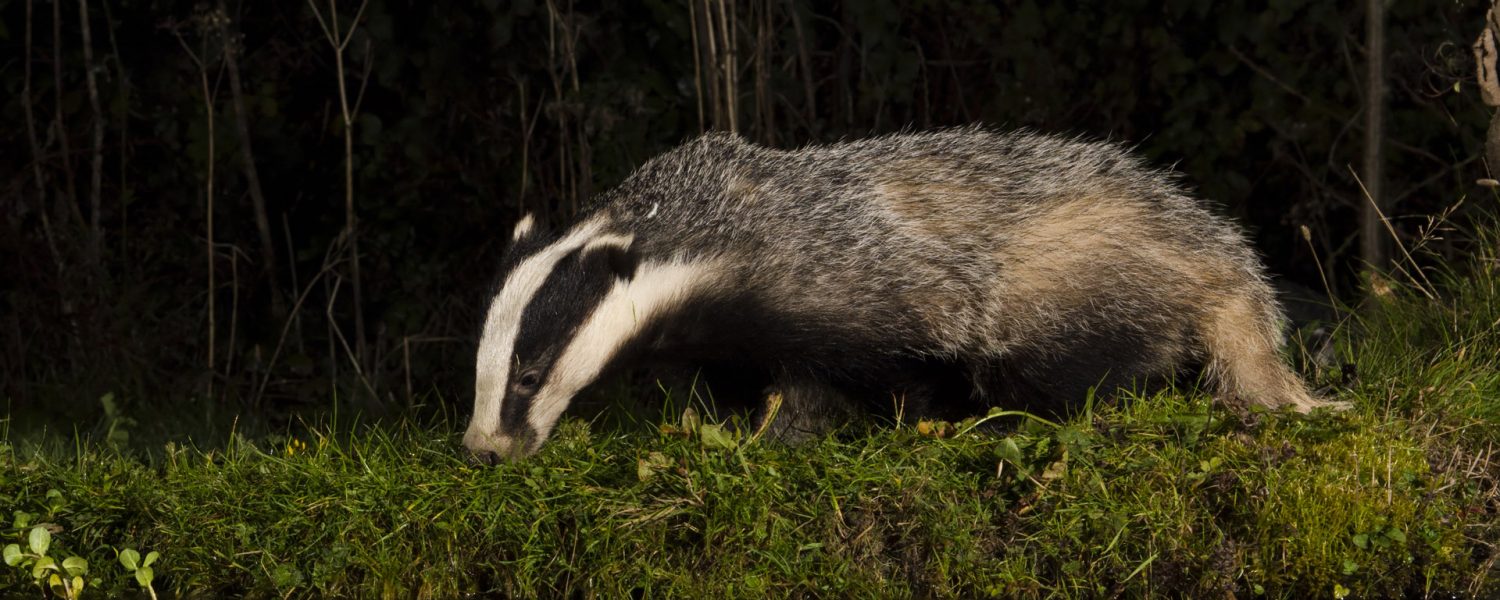
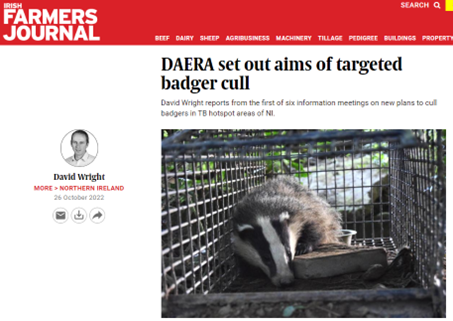


 Further details on the origin and contents of the paper are discussed in a 40-minute Off the Leash interview by Charlie Moores with two of the authors Tom Langton and Mark Jones,
Further details on the origin and contents of the paper are discussed in a 40-minute Off the Leash interview by Charlie Moores with two of the authors Tom Langton and Mark Jones, 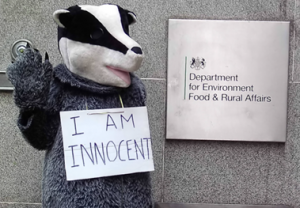

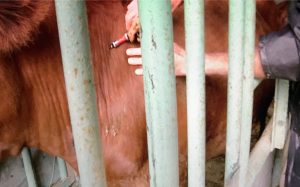
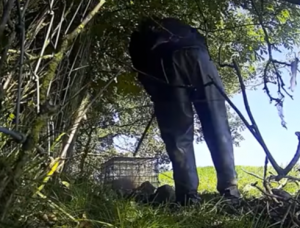
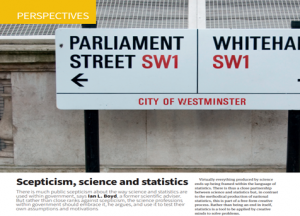
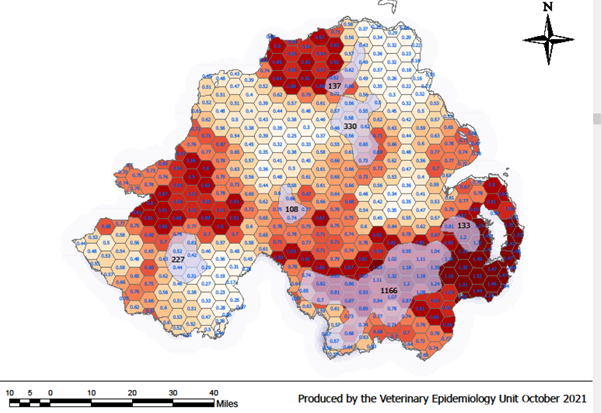

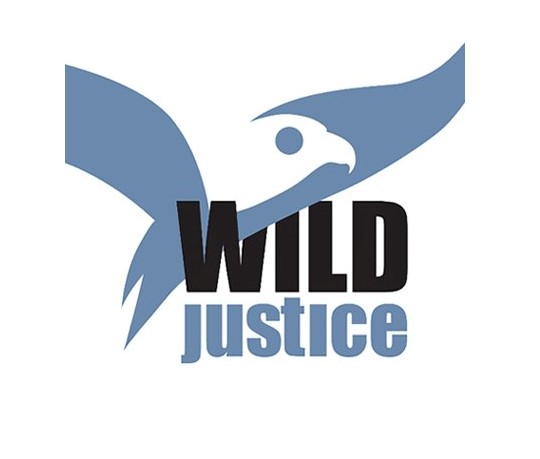 Great news this morning. Wild Justice, the UK organisation fighting for justice for wildlife, run by Mark Avery, Ruth Tingay and Chris Packham are sending over unspent funds from their badger killing welfare legal challenge. This was recently refused permission for Judicial Review, meaning that the disgracefully cruel and ineffective way of killing predominantly healthy badgers, escapes further legal scrutiny. However, this welcome synergy by those seeking to change the more extreme bad management of our wildlife and countryside, means a welcome boost to fundraising for the case now going to court and supported by the BadgerCrowd. Thanks also for a generous link to our CrowdJustice fundraiser from the Wild Justice newsletter today. The crowd fund has already had over 500 donations from people chipping in, and with a last push, we hope to reach our target before the deadline in front of the 22 July substantive hearing. Keep up to date with the important work of Wild Justice by signing up to their
Great news this morning. Wild Justice, the UK organisation fighting for justice for wildlife, run by Mark Avery, Ruth Tingay and Chris Packham are sending over unspent funds from their badger killing welfare legal challenge. This was recently refused permission for Judicial Review, meaning that the disgracefully cruel and ineffective way of killing predominantly healthy badgers, escapes further legal scrutiny. However, this welcome synergy by those seeking to change the more extreme bad management of our wildlife and countryside, means a welcome boost to fundraising for the case now going to court and supported by the BadgerCrowd. Thanks also for a generous link to our CrowdJustice fundraiser from the Wild Justice newsletter today. The crowd fund has already had over 500 donations from people chipping in, and with a last push, we hope to reach our target before the deadline in front of the 22 July substantive hearing. Keep up to date with the important work of Wild Justice by signing up to their 